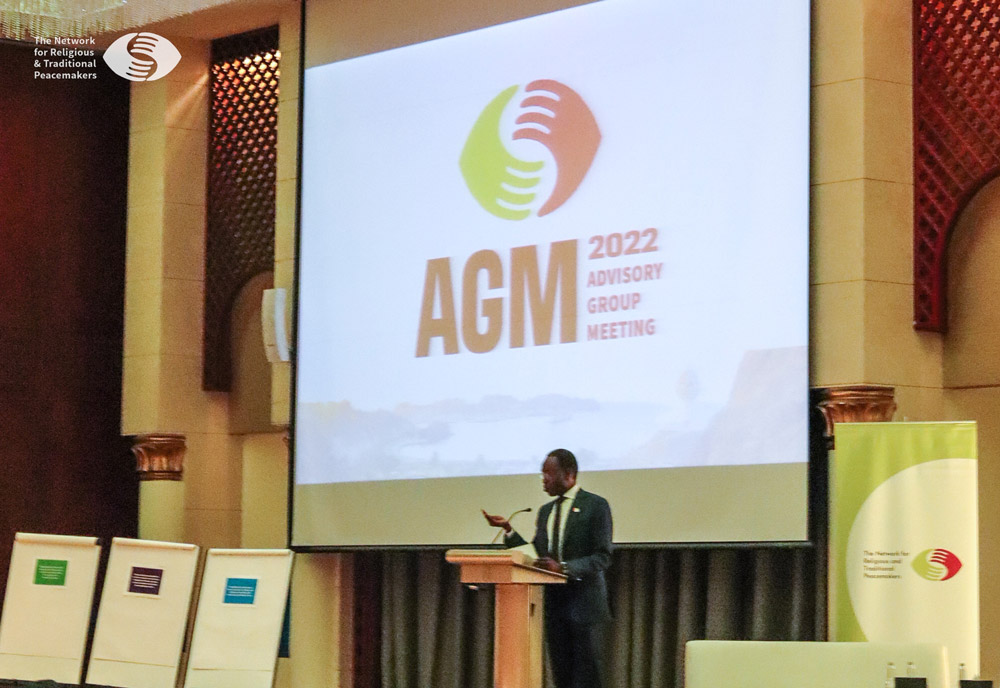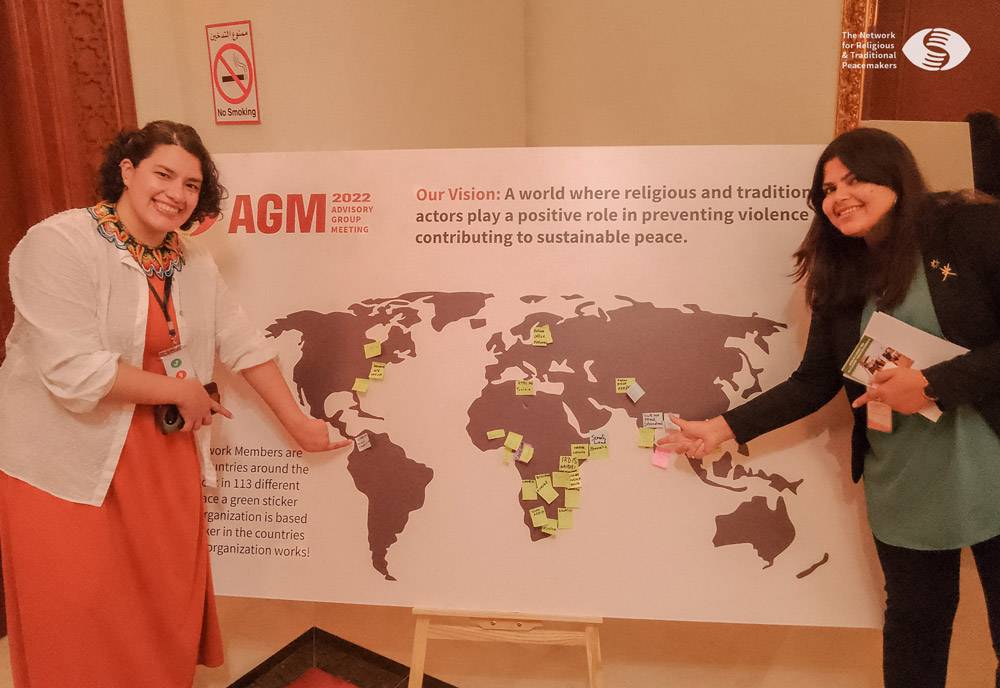“I firmly believe in the power of faith leaders to shape our world for good.”
(Secretary-General - Remarks on the Launch of the Fez Plan of Action, 14 July 2017)
Religious actors can play significant roles in conflict prevention and resolution in a wide range of contexts. They are present in most conflict settings and quite often wield the moral authority and convening power needed to engage conflict parties. They will often have country wide presences and be able to contact remote or otherwise hard-to-reach actors. In many instances, religious actors have provided valuable support to the conduct of formal peace processes. The UN recognizes this contribution.
The Secretary-General has underlined the shared values between the UN and religious entities and reiterated the need to engage with them at all levels, including at the subnational level where conflicts with religious elements are prevalent. MSU supports system-wide efforts to deepen understanding of the intersection between religion and mediation and is providing the tools to broaden collaboration with faith-based actors in addressing conflict and violence.
Networking and partnerships
MSU is a founder and member of the Steering Group of the Network for Religious and Traditional Peacemakers (the Network). It was created in 2013 on the recommendation of the Secretary General who observed that the potential for religious actors to contribute to mediation and conflict prevention was often underutilized.
The Network’s membership is drawn from faith-based institutions, multilateral organizations, international NGOs, think-tanks, academic institutes, and grassroots organizations from around the world. MSU provides advice and supports the Network in the implementation of its strategic plan. Our membership works to enhance our effectiveness in engaging with faith-based actors by enabling partnerships, exchange of lessons and best practices, addressing inclusion and other cross-cutting issues related to mediation.


Operational support to religious peacemakers
MSU provides on-demand tailored support to faith-based organizations to improve their operational readiness and professionalize mediation practice. Support is provided through MSU staff and the Standby Team of Senior Mediation Advisers.
Through sharing comparative knowledge and experience, MSU advises on process design, strategic planning and strengthening coordination arrangements amongst religious peacemakers.
MSU is also available to support the analysis and documentation of best practices in mediation interventions led by religious and traditional peacemakers.

Capacity Building
Each year, MSU co-organizes a course on Religion and Mediation in hybrid format to equip UN staff and selected non-UN experts with the knowledge and tools to support the design of mediation processes in violent political conflicts with religious dimensions. The course is designed to have a rotational regional focus with case studies drawn from the focus region. The course introduces concepts and tools for analyzing religion’s role in conflict and approaches to mediating and transforming conflicts with religious dimensions. It combines guest speakers, peer-to-peer learning, case studies, and simulations.
The course is organized in partnership with the Center for Security Studies at ETH Zürich University, the Human Security Division of the Swiss Federal Department of Foreign Affairs, the Network for Religious and Traditional Peacemakers, and the Ministry of Foreign Affairs of Finland.

